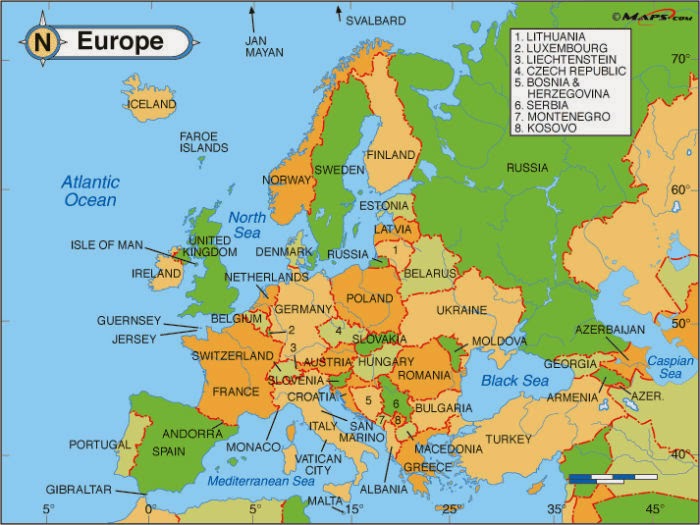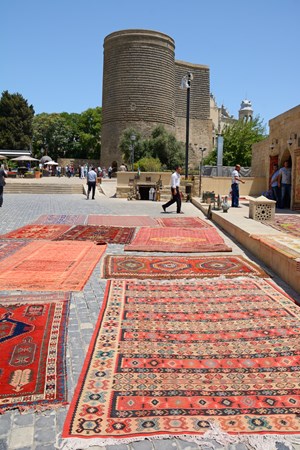UOT 321(4/9)
DOI:10.30546/3006-0346.2024.4.82.16
Нураддин Ибрагимов
доктор философии по политическим наукам, старший преподаватель Академии Государственного Управления при Президенте Азербайджанской Республики
Резюме
В статье исследуются особенности президентства в странах Восточной Европы, в этом контексте сначала анализируются возникновение и эволюция института президентства в этих странах, в том числе в таких государствах, как Польша, Чехия, Болгария, Румыния, Венгрия и др. Затем изучаются особенности и тенденции развития президентства в Восточной Европе в условиях посткоммунистической трансформации. Делается такой общий вывод о том, что, во-первых, оценка состояния президентской власти в посткоммунистической Европе требует учета субъективных факторов; во-вторых, модели президентства, действующие в восточноевропейском регионе, отличаются от моделей в других странах и их изучение в странах этого региона, несмотря на политические, национальные и культурные различия между ними, позволило выявить закономерности развития и конституционного закрепления президентских полномочий в этих странах. Все это свидетельствует о том, что речь идет о президентских системах особого восточноевропейского типа.
Ключевые слова: страны Восточной Европы, институт президентства, президентская власть, особенности, парламент, выборы
Nuraddin Ibragimov
Doctor of Philosophy in Political Sciences,
Senior Lecturer at the Academy of Public
Administration under the President of the Republic of Azerbaijan
Summary
The article examines the peculiarities of the presidency in the countries of Eastern Europe, in this context, first analyzes the emergence and evolution of the institution of the presidency in these countries, including in such states as Poland, Czech Republic, Bulgaria, Romania, Hungary, Slovakia. After that, a large place is given to the study of the peculiarities and trends of the development of the presidency in Eastern Europe in the conditions of post-communist transformation. The general conclusion is that, firstly, the assessment of the state of presidential power in post-communist Europe requires taking into account subjective factors; Secondly, the models of the presidency operating in the Eastern European region differ from those in other countries, and their study in Eastern European countries, despite the political, national and cultural differences between them, allowed us to identify patterns of development and constitutional consolidation of presidential powers in these countries. All this indicates that we are talking about presidential systems of a special Eastern European type.
Keywords: Eastern European countries, the institution of the presidency, presidential power, features, parliament, elections




